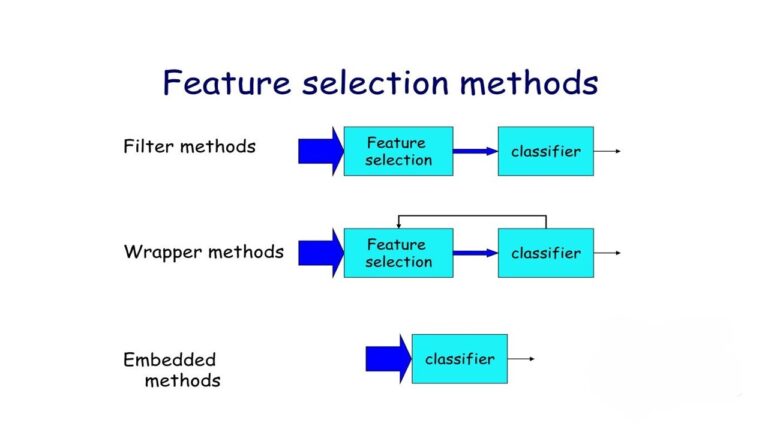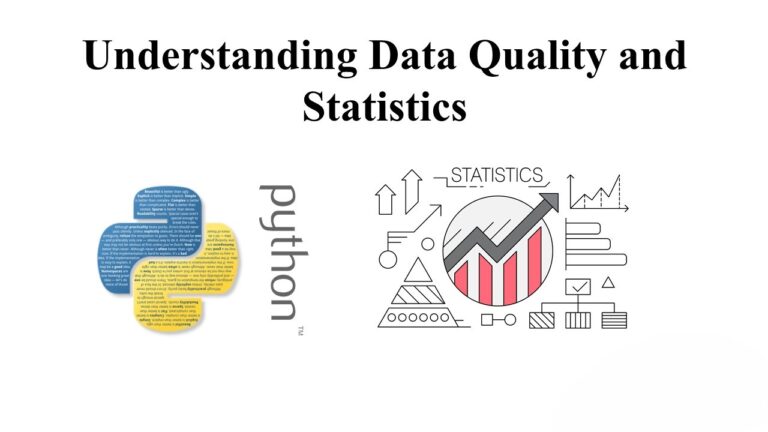Agentic AI: Paving the Way for Adaptive Artificial Intelligence’s Future
Agentic AI is revolutionizing the world of artificial intelligence, bridging the gap between human-like decision-making and autonomous systems. Let’s dive into what makes Agentic AI a transformative approach and explore its key components, use cases, and challenges.
What is Agentic AI?
Agentic AI refers to systems that possess adaptive, autonomous decision-making capabilities. These systems are not just programmed to perform tasks but are designed to make independent decisions based on their environment, goals, and interactions.
Unlike traditional AI, which relies on pre-defined models or static instructions, Agentic AI employs advanced algorithms and feedback loops to modify its behavior dynamically, ensuring a more human-like interaction and task execution.
Core Features of Agentic AI
- Autonomy
Agentic AI systems function without constant human oversight. They can make decisions, take actions, and adapt to changing circumstances independently. - Context Awareness
These systems use data from their environment to understand context, enabling more precise and relevant responses. - Learning and Adaptation
Using advanced machine learning techniques, Agentic AI systems continuously improve by learning from their experiences and interactions. - Goal-Oriented Behavior
Agentic AI focuses on achieving specific objectives, prioritizing actions based on long-term and short-term goals.
Key Technologies Powering Agentic AI
- Reinforcement Learning
Agentic AI employs reinforcement learning to develop decision-making policies based on rewards and penalties. - Natural Language Understanding (NLU)
Enhanced language models enable Agentic AI to interpret human communication effectively. - Generative AI
Creative problem-solving and content generation are facilitated by generative AI technologies. - Cognitive Architectures
These systems mimic human cognitive processes, such as memory, reasoning, and planning.
Real-World Applications
- Autonomous Vehicles
Self-driving cars rely on Agentic AI for real-time decision-making, navigation, and safety adaptations. - Healthcare
Agentic AI assists in personalized medicine, treatment planning, and monitoring patient health. - Customer Service
Intelligent virtual assistants enhance customer interactions by providing context-aware, human-like responses. - Smart Cities
Adaptive traffic systems and energy management leverage Agentic AI to optimize urban infrastructure.
Challenges in Agentic AI
- Ethical Concerns
Decision-making autonomy raises questions about accountability and moral responsibility. - Complexity
Designing systems that adapt accurately without unintended behaviors is a significant technical challenge. - Data Privacy
With increased autonomy comes the need for vast amounts of data, creating concerns about security and privacy. - Bias and Fairness
Ensuring unbiased decision-making is crucial as these systems influence critical sectors.
The Future of Agentic AI
As technology advances, Agentic AI has the potential to redefine industries by creating systems that work seamlessly alongside humans. However, its growth depends on addressing ethical, technical, and societal challenges. By fostering transparency and collaboration, we can ensure that Agentic AI evolves as a force for good.
Conclusion
Agentic AI represents a bold step forward in the AI landscape, moving beyond predefined actions to intelligent, adaptive behavior. Its integration across industries promises a smarter, more efficient future, but careful navigation of its challenges is essential to harness its full potential.







